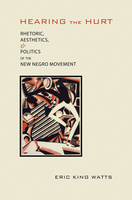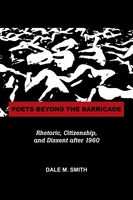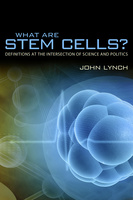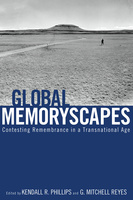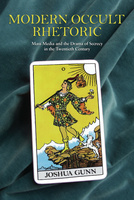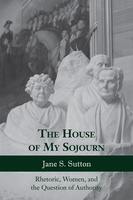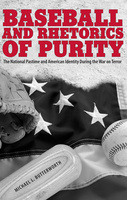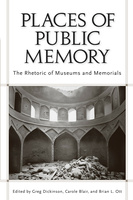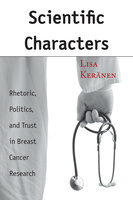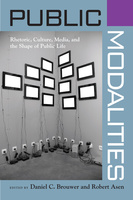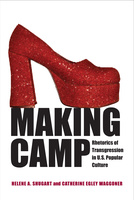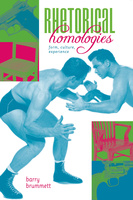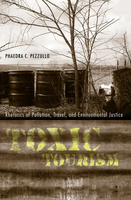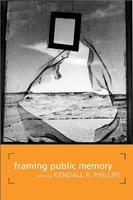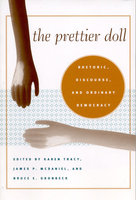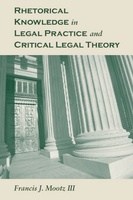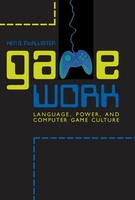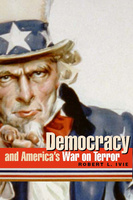Hearing the Hurt
Rhetoric, Aesthetics, and Politics of the New Negro Movement
Poets Beyond the Barricade
Rhetoric, Citizenship, and Dissent after 1960
What Are Stem Cells?
Definitions at the Intersection of Science and Politics
Global Memoryscapes
Contesting Remembrance in a Transnational Age
Modern Occult Rhetoric
Mass Media and the Drama of Secrecy in the Twentieth Century
A broadly interdisciplinary study of the pervasive secrecy in America cultural, political, and religious discourse.
The House of My Sojourn
Rhetoric, Women, and the Question of Authority
Envisions the relationship between women and rhetoric as a house: a structure erected in ancient Greece by men that, historically, has made room for women but has also denied them the authority and agency to speak from within
Baseball and Rhetorics of Purity
The National Pastime and American Identity During the War on Terror
An investigation into the culture and mythology of baseball, a study of its limits and failures, and an invitation to remake the game in a more democratic way
Places of Public Memory
The Rhetoric of Museums and Memorials
Scientific Characters
Rhetoric, Politics, and Trust in Breast Cancer Research
Public Modalities
Illustrates a modalities approach to the study of publics
Making Camp
Rhetorics of Transgression in U.S. Popular Culture
Toxic Tourism
Rhetorics of Pollution, Travel, and Environmental Justice
Framing Public Memory
A collection of essays by prominent scholars from many disciplines on the construction of public memories
The Prettier Doll
Rhetoric, Discourse, and Ordinary Democracy
Essays in the The Prettier Doll focus on the same local controversy: in 2001,a third-grade girl in Colorado submitted an experiment to the school science fair. She asked 30 adults and 30 fifth-graders which of two Barbie dolls was prettier.
Rhetorical Knowledge in Legal Practice and Critical Legal Theory
Democracy and America's War on Terror
Democracy and America's War on Terror brings the rhetorical dimension of democracy to bear on American culture in the divisive age of terrorism.
It will be of interest to public policymakers and informed general readers as well as students and scholars in the fields of rhetoric, political theory/philosophy, democratic theory, U.S. foreign relations/policy, war and peace studies, terrorism, and cultural studies.

